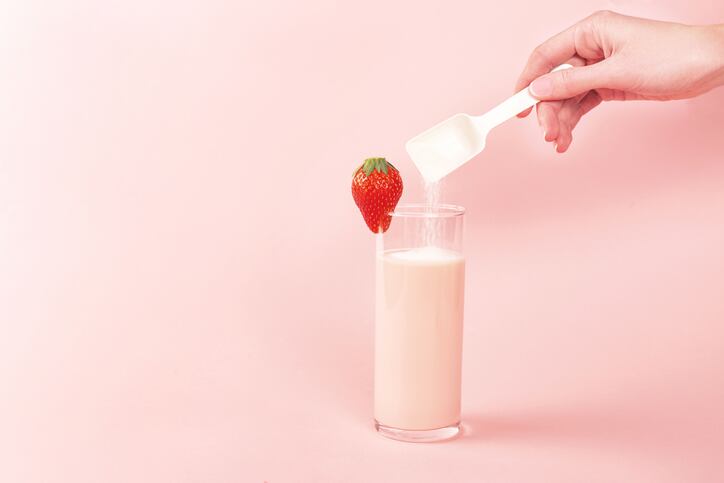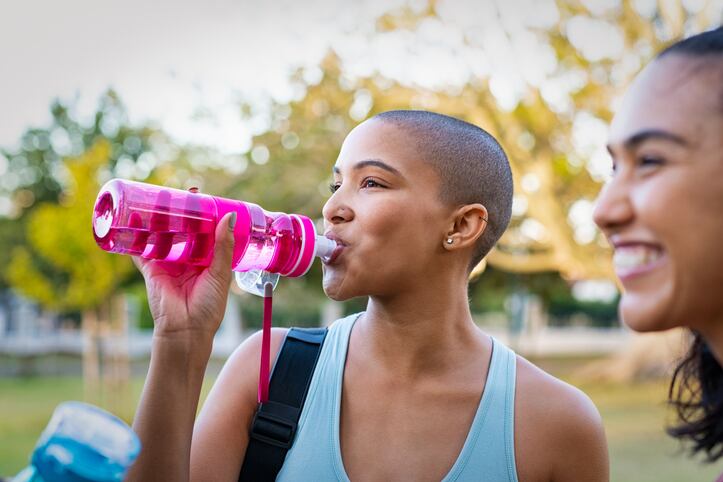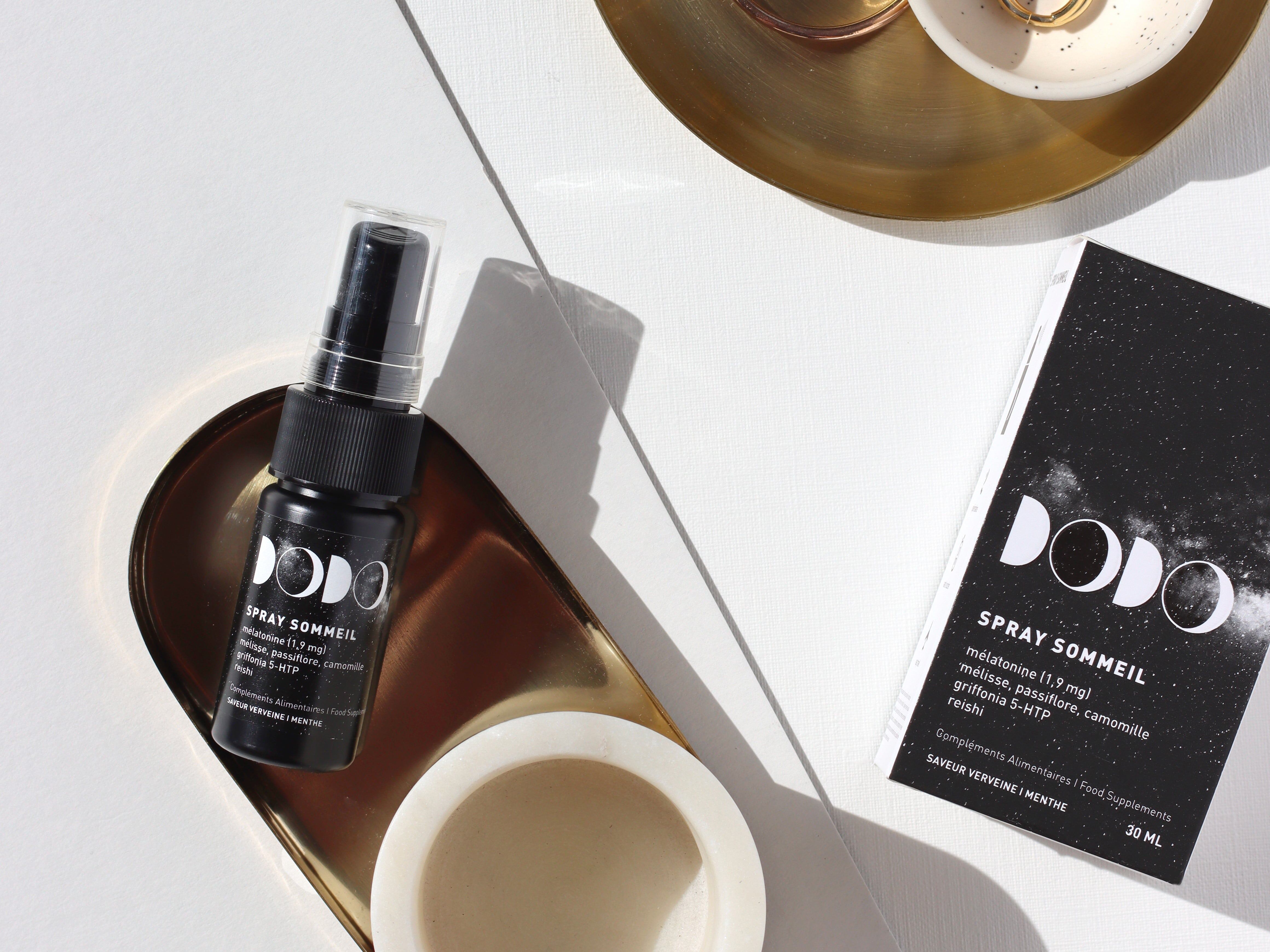The global collagen market is pegged to hit €828.6m ($897.5m) by 2023, according to a report from Market and Markets, and a recent scientific review suggested marine collagen would make the biggest waves in this growing category. Widely used in topical and ingestible beauty formulations, collagen and its derivatives were touted an important ingredient for skin repair and appearance.
And Andrew McDougall, associate director for global beauty and personal care at Mintel, said that whilst collagen had been present in beauty for years, it was an increasingly relevant ingredient.
‘Now is the time for collagen’
In a webinar organised by the Collagen Stewardship Alliance – launched this year by Trust Transparency Center to steward sustainable growth and drive consumer education around collagen – McDougall said: “Now is the time for collagen. We’re seeing a lot of holistic health and wellness trends really booming; inside-out beauty is booming and there’s more understanding on ingestibles – ‘you are what you eat’ really rings true today.”
Beauty consumers were beginning to recognise the relationship between their diet and skin, he said, with Mintel data showing 54% of UK women aged 16+ agreed diet had an impact on skin. And vitamin and supplement users were also increasingly interested in products that made beauty claims, he said, particularly those around clean skin, healthy hair or anti-ageing which opened further opportunities. Almost one-third of consumers in China, for example, purchased health supplements for beauty purposes, he said, and 22% of US consumers had taken a beauty supplement for hair, skin or nails.
“With that focus shifting to supplements and inside-out beauty, we’re seeing understanding is growing. It needs to continue to grow but there is an awareness at least,” McDougall said.
Collagen ‘beauty powers’ from the inside-out
And all of this, he said, meant it was “a really exciting time” for ingestibles and beauty to work hand in hand, which had significant implications for collagen – an ingredient that could “help bring ingestible beauty to the forefront”.

“…In a way, collagen is a hero ingredient of the moment – it can really be positioned as this ingredient that consumers have a base understanding of. Vitamin C and collagen are two of those ingredients a little bit more understood by consumers,” McDougall said.
And whilst collagen and its derivatives still remained relevant for topical beauty applications, particularly for brands looking to promote the “next hero ingredient”, he the bigger and growing opportunity could be found in the ingestible beauty category.
“Collagen in particular, is one of those ingredients having a big moment as a result of its beauty powers; using the ingredient to boost beauty from the inside out. This approach is really what’s giving ingestible beauty some great potential.”
Collagen beauty claims rising; transparency vital
The number of products making beauty claims that contained collagen – from functional drinks to dietary supplements – had risen significantly in the last five years, McDougall said, particularly those using hydrolysed collagen and collagen peptides. However, it would be vital companies making claims remained transparent and could substantiate claims, he said.
“We’re really in a moment where it’s important to back-up claims, particularly off the back of a health pandemic it’s especially important.”
Asked how deep brands should communicate scientific information on collagen-containing beauty products, McDougall told CosmeticsDesign-Europe: “Beauty consumers really scrutinise ingredients lists, but how much science is too much science? Because you can’t push it too far (…) There are a lot of unsubstantiated claims made in beauty, but collagen sits in that place where we do have the evidence, so that is going to be important as we, hopefully, move out of this world of fake news.”
Work had already been made in building collagen understanding within the dietary supplements market, he said, and it was now up to beauty brands to take that conversation further and continue communication and consumer education.
‘Fitness and beauty are quite closely linked’
And driving further traction would require a sharper focus on the combined beauty and fitness benefits of collagen peptides, McDougall said.

“Brands using collagen in beauty products really should leverage the protein content and availability of collagen peptides. Collagen peptides have this link with fitness, joint health and mobility and so they have that link between the beauty world and the health and fitness world.”
“…This active beauty trend has been around for the last four or five years. We know fitness and beauty are quite closely linked, so that’s another interesting way we could look to promote collagen,” he said.
McDougall said another important trend to consider when working with collagen and its derivatives in beauty was the continued boom in veganism.
“The number of people turning to the [vegan] diet keeps on multiplying year on year; compared to 2015 it’s absolutely boomed. And our data is showing that the number of products launched with vegan claims is growing, but it’s even bigger in beauty.”
“…Veganism is becoming important for people and it’s something that the beauty industry constantly has to deal with. We have a lot of ingredients that are from animal sources originally,” he said.
Collagen was one good example of an ingredient that posed a “challenge for industry” looking to align with veganism, as it was traditionally sourced from bovine, porcine or marine sources, he said. But, there were increasing alternative options out there, he said, including plant-based collagen boosters and bioengineered collagen ingredients that offered promise – the latter of which could be hugely successful with the right education and positive messaging.
“Veganism isn’t going to be a passing fad, it’s something we’re seeing as a challenge going forward,” McDougall said.




